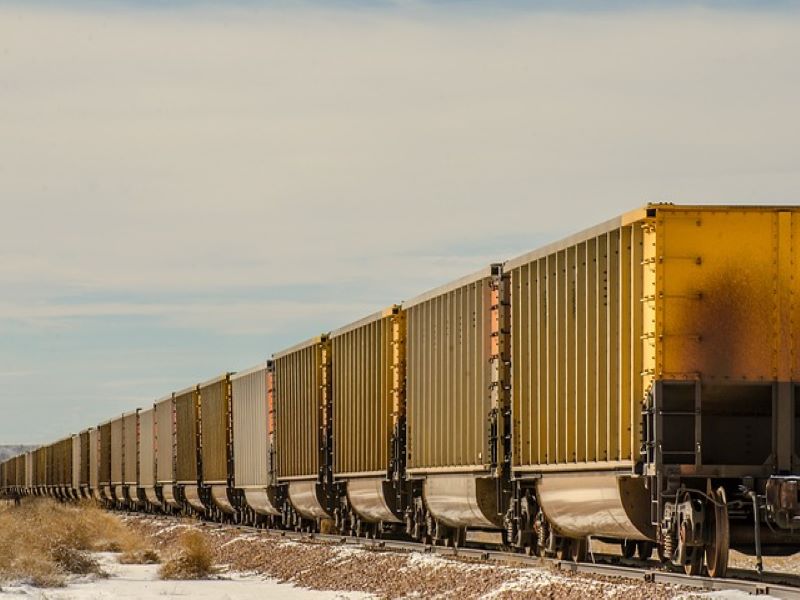
South African state-owned logistics firm Transnet is set to reduce its freight rail network by around 35% as it deals with theft of cables utilised to run its electric trains and scarcity of locomotive parts, reported Bloomberg.
The decision is also the result of inefficiencies triggered due to the firm’s monopoly status.
It is expected to shorten the 12,427-mile rail network by 4000 miles in the country as the firm targets more profitable cargo loads.
Besides, the government is focusing on the development of a Transnet Roadmap, which will include the restructuring of Transnet Freight Rail.
South Africa President Cyril Ramaphosa stated that the process will also include the formation of a separate Infrastructure Manager for the rail network by October this year.
Ramaphosa added: “Transnet and private sector companies will conclude partnerships at the Durban and Ngqura container terminals, to enable new investment in our ports and improve their efficiency.”

US Tariffs are shifting - will you react or anticipate?
Don’t let policy changes catch you off guard. Stay proactive with real-time data and expert analysis.
By GlobalDataFor several years, underinvestment, lack of maintenance, as well as criminal activity and inefficiency have posed challenges to the country’s rail network.
To solve these issues, the government launched the National Rail Policy last year to support the modernisation and reform the rail sector in the country. It will also help provide third-party access to the rail network.
Transnet will establish alliances with private-sector companies to facilitate new investment in ports and enhance their efficiency.
Ramaphosa further noted: “There has been a great success in repositioning the Port Elizabeth Automotive Terminal, which has more than doubled its capacity and has already seen an increase in exports.
“Many more vehicles destined for overseas markets are rolling off the Port Elizabeth automotive terminal.”


